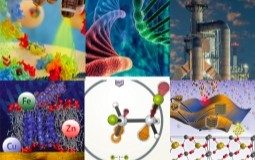Is the Answer to Overfishing… Algae?
Space program technology used to help wild fish species? Yes, you read that correctly. Literally wild science.
Omega-3s are an essential nutrient that humans have to get from fish. But many of the world’s wild fish species are in crisis because we’ve taken too many of them from the ocean. So the answer is to farm more of our fish, right? While fish-farming relieves some pressure on the ocean’s wild species, it also contributes to that pressure, since farmed fish are fed fishmeal made from wild-caught fish. That’s because fish don’t make their own Omega-3s either. Like us, they get them from their diet. Using technology that came out of the space program, scientists have developed a way to cut out the middle-fish from the food chain and harvest Omega-3s for fishmeal directly from the source: algae.





